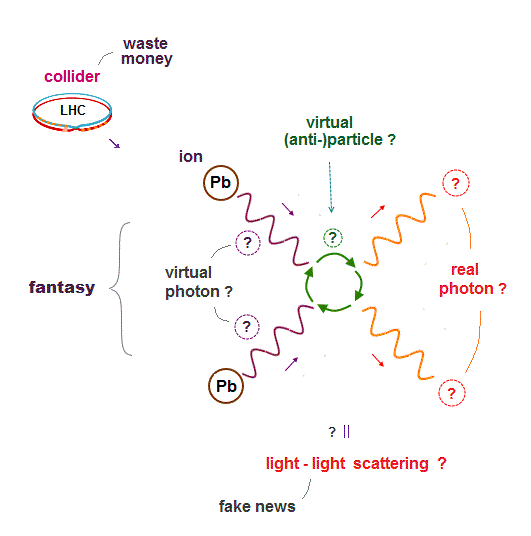
Home page
Quantum computer is useless
(Fig.1) Quantum computers are error-prone, useless, inferior to classical computers.

2nd-paragraph says -- Hyped quantum computer
"Dubbed "HyperQ," the new system is a type of virtualization technology that balances workloads by dividing a quantum computer's physical hardware into multiple isolated quantum virtual machines (qVMs = Not real quantum computers ) "
2nd-last-paragraph says -- Useless quantum computer
"The team tested its HyperQ software (= classical computer ) layer on IBM's Brisbane quantum computer, a 127-qubit (= far from the practical millions of qubits ) gate-based system"
p.2-right-2nd-paragraph says -- Error-prone quantum
"Programs can only utilize a small number of qubits because as
the number of qubits used increases,..
leading to propagation errors due to hardware noise and loss
of fidelity" ← today's quantum computers are too error-prone to be practical.
p.11-right-1st-paragraph of the same paper says -- No quantum computer
"The number of qubits in each circuit ranges
from 2 to 10 in the small category, and 11 to 27 in the medium
category" ← Using only less than 27 qubits (= one qubit takes only 0 or 1 value ) means still Not a quantum computer, contrary to the above hyped news.
p.13-right-last-paragraph of the same paper says -- Classical ideal simulator
"the
ideal probability distribution on a
classically-simulated
ideal
quantum computer." ← classical computers called "ideal (= illusory noiseless or errorless ) quantum computers ( this-p.5-right-last-paragraph )" were used.
p.14-lest-upper says -- Error-prone quantum computer
"p-ideal(s) is the probability of results in the ideal (= errorless classical computer ) distribution, and p-real(s) is the
probability of results in the real (= error-prone quantum computer ) result. The value of L1 (= difference in results between errorless classical computers called ideal quantum computers and the error-prone real quantum computers ) ranges
from 0 to 2. L1 = 2 means the result is completely corrupted
by noise, while L1 = 1 means the result has more than half
of the perfect result"
p.14-Figure 10 shows L1 > 0, which means real quantum computers with less than 27 qubits always gave wrong results different from errorless classical computers called "ideal quantum computers" ( this-p.14-(1) ).

Feel free to link to this site.